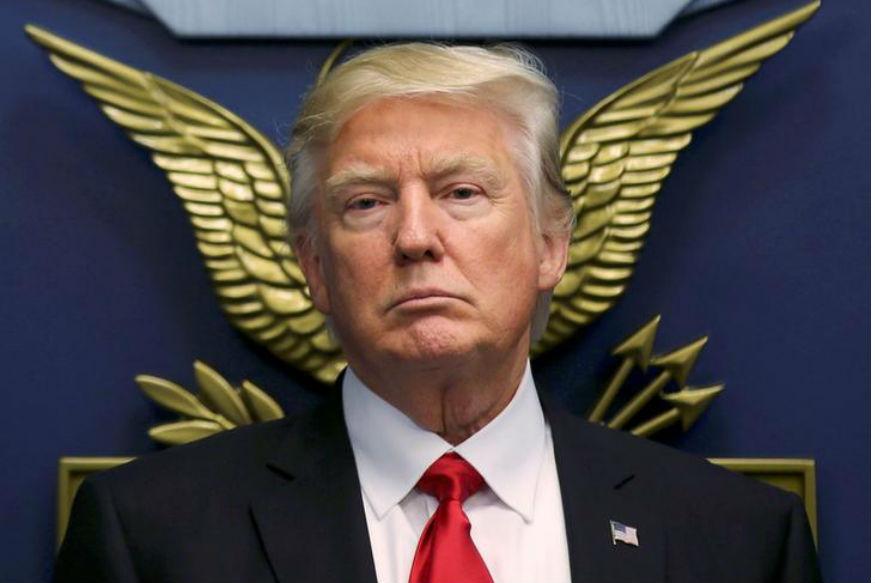A new code has been introduced in the US House of Representatives which calls for more than doubling the minimum salary of H-1B visa holders to $130,000. This legislation was passed along with other laws. The doubling of salary will further make it difficult for firms to use the programme to replace American employees with foreign workers, including from India. This is more than double of the current H-1B minimum wage of $60,000 which has remained unchanged since 1989.
The High-Skilled Integrity and Fairness Act of 2017 introduced by California Congressman Zoe Lofgren subscribes to the market-based allocation of visas. Only those companies willing to pay 200 percent of a wage calculated by the survey, eliminates the category of lowest pay and raises the salary level at which H-1B dependent employer are exempt from non-displacement and recruitment attestation requirements to greater than $130,000 will be eligible to issue visas.
“It offers a market-based solution that gives priority to those companies willing to pay the most. This ensures American employers have access to the talent they need while removing incentives for companies to undercut American wages and outsource jobs,” he added as per News18 reports.
Lofgren said it removes the ‘per country’ cap for employment-based immigrant visas letting every worker to be treated fair. However, the deeper motif to this amendment would be to move to a hiring system where employers hire the most skilled workers irrespective of their origin.


















